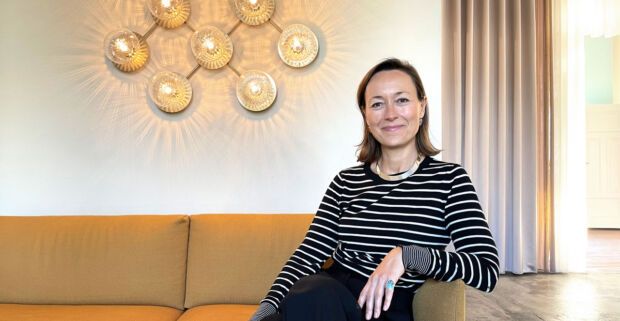As a coach of Danish and international leaders, I’ve observed how decision-making based on “gut-feeling” can derail cross-cultural collaboration. In Denmark, leaders often trust their intuition, a cultural tendency rooted in a love of (our own) ‘authenticity.’
While intuition and authenticity are both valuable traits, over-relying on them, especially in diverse teams, can be risky.
A wise CEO recently told me: “What comes naturally costs us the least energy, but that’s not always the best way. We shouldn’t rely on autopilot when working across cultures.” Danes, in particular, trust what feels right to them personally, often distrusting truths they
haven’t directly experienced.
Leaders must help their teams reflect critically on their instincts, especially in multicultural settings, where unexamined intuition can lead to costly mistakes. For example, a Danish leader shared how he “lost” a Spanish colleague after six months. She left, citing discomfort with the Danish workstyle.
The leader said: “My gut told me it wouldn’t work.
She seemed stern, not chatty, and had family issues back home. Not a fit, I guess.” My feedback: his gut was a signal but should not have had the final say. Had he been open to exploring her perspective and challenges, she might have stayed, benefiting both the team and finances.
Danes value authenticity over hierarchy, trusting leaders who feel “real” rather than authoritative. While this trait fosters collaboration, it can clash with internationals who often prioritize intellectual rigor and reflection over instinct. Leaders bridging this gap must balance cultural integrity with analytical thinking.
Here’s how to discuss this issue with your team:
- Challenge intuition and encourage reflection: When tensions arise within the team, welcome the diversity of thought and ask, “What are we not seeing?” to uncover deeper insights. Get external help if you get stuck – also as a leaning for the team. There is no
shame in asking for help. - Show your process: Show colleagues how you try to integrate intuition and analysis in “real-time”. Talk about your thinking, including what you are unsure about, and better still if it has to do with your group and how you collaborate. Honesty builds trust – especially with Danes.
- Be clear: Danes are comfortable with directness and clarity is key in cross-cultural teams. Communicate expectations about the need for extra effort in resolving conflicts.
- Embrace differences – including how they can challenge: Highlight how diverse perspectives can be difficult acknowledge – let alone truly understand. However, it should be underlined that differences are nevertheless necessary to grow as a team.
Relying on autopilot in cross-cultural teams can lead to missed opportunities. Building a culture that encourages ongoing, open discussions about differences is key to breaking this habit – and unlocking the potential of your team.














